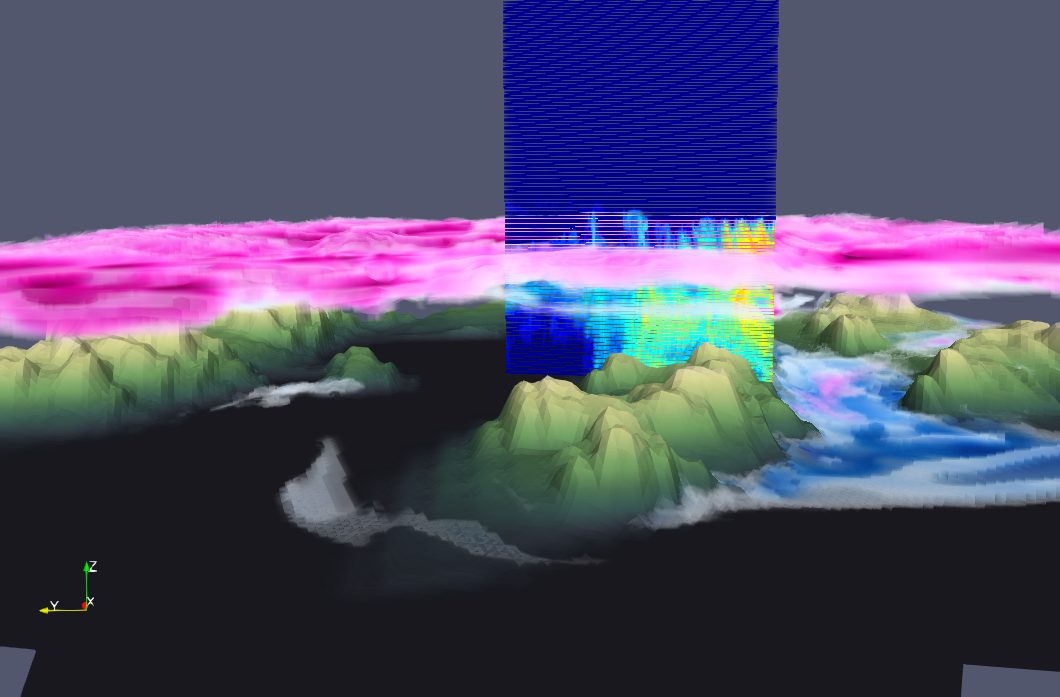See our project:
(AC)³ (TR 172)
Arctic Amplification: Climate relevant atmospheric and surface processes and feedback mechanisms

©Dr.in Vera Schemann
Within the Transregional Collaborative Research Centre TR 172 (AC)³, the rapid increase of Arctic near-surface air temperature during the last decades, which is commonly referred to as Arctic Amplification, is analyzed in a joint effort from complementary viewpoints: exploiting observations and models on different temporal and spatial scales will provide us a better understanding of Arctic climate change.
The overarching scientific objective of (AC)³ is to identify, investigate, and evaluate the key processes contributing to Arctic Amplification, improve our understanding of the major feedback mechanisms and quantify their relative importance. Ground- and satellite based long-term observations as well as enhanced observations during ship and airborne campaigns provide a better insight into the Arctic climate system and the relevant processes within. The observations also help us to evaluate and improve models, which are used as testbeds to evaluate different parameterisations, to analyse and quantify feedback mechanisms and the importance of different processes for the Arctic climate system.
At the University of Cologne, we focus on remote sensing observations of the atmosphere from different ground-, satellite-based, and airborne platforms and on high-resolution modeling providing further insight into Arctic boundary layer processes, in particular of clouds. Our long-term continuous observations performed at the AWIPEV research station at Ny-Ålesund, Svalbard, are complemented by detailed campaign observations, e.g. from MOSAiC, HALO-(AC)³ and further (AC)³ campaign activities. We are also combining them with cloud resolving simulations using the ICON-LEM to investigate microphysical processes and their influence on the evolution of Arctic mixed-phase clouds.
(AC)³ is a research consortium of the University of Leipzig, the University of Bremen, the University of Cologne, the Alfred-Wegener Institute for Polar and Marine Research (AWI), and the Leibniz Insitute for Tropospheric Research (TROPOS).
For more infos see http://www.ac3-tr.de/
The TR 172 is funded by the Deutsche Forschungsgemeinschaft – DFG.
